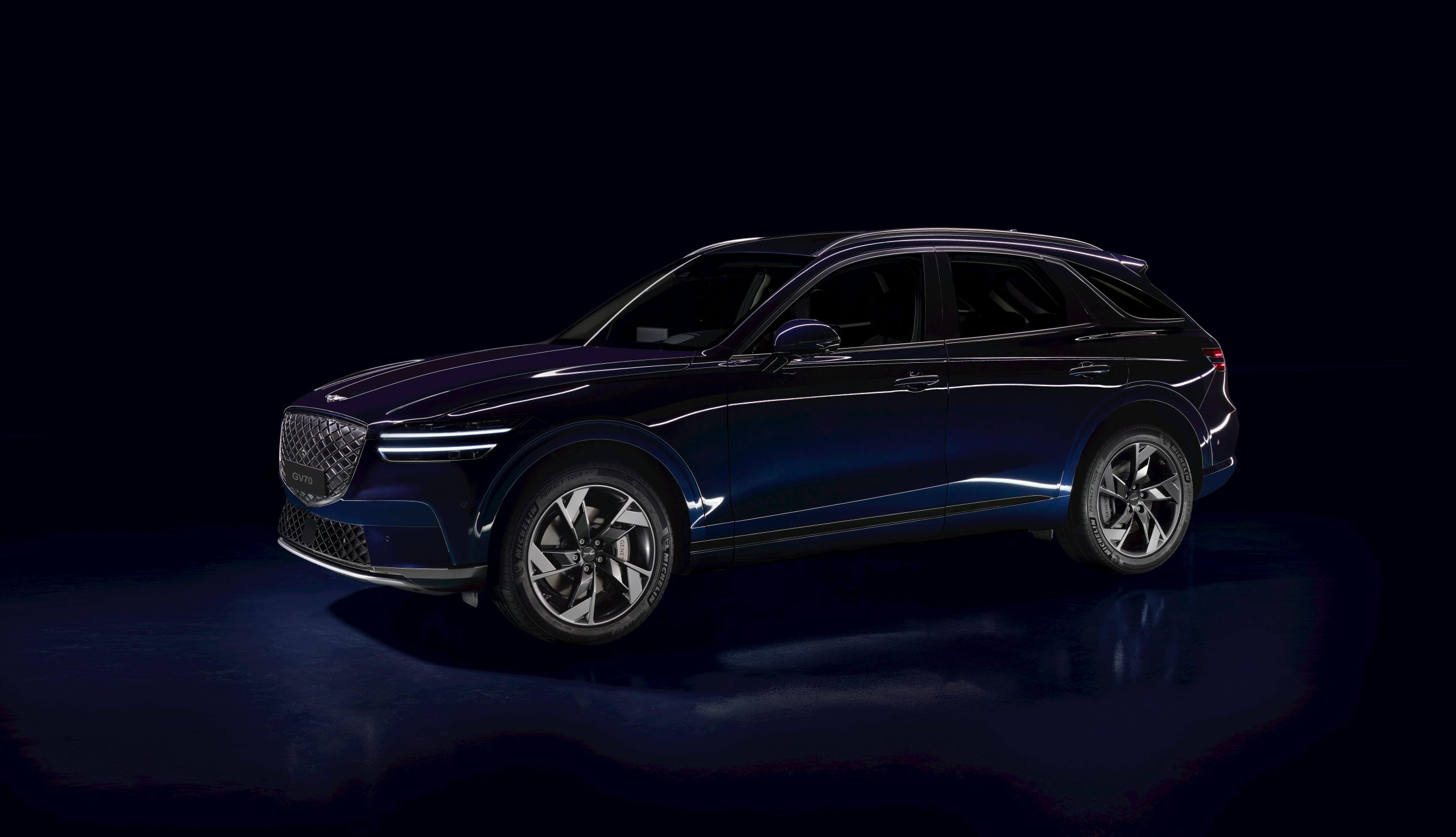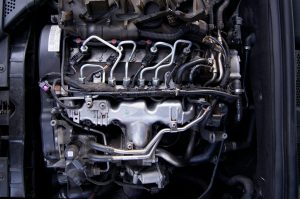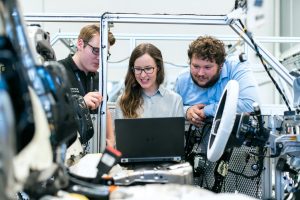Innovative Solutions for Managing Vehicle Emissions
Vehicles are undoubtedly a vital part of our daily lives. They help us commute to work, transport goods, and travel to different places with ease. However, along with the convenience they provide, they also contribute significantly to air pollution. Vehicle emissions, particularly from cars, have a detrimental impact on the environment and human health. According to the World Health Organization, outdoor air pollution caused an estimated 4.2 million premature deaths worldwide in 2016. Thus, it is more crucial than ever to find innovative solutions for managing vehicle emissions. In this article, we will explore some of the latest and most promising solutions for reducing vehicle emissions and their impact on the environment.
The Need for Innovative Solutions
The burning of fossil fuels in vehicles produces various types of air pollutants, such as carbon monoxide, nitrogen oxides, and particulate matter. These pollutants not only harm the environment but also have a severe impact on human health. Exposure to vehicle emissions can exacerbate respiratory and heart diseases, leading to premature death in some cases. Therefore, it is imperative to develop innovative solutions that can reduce vehicle emissions and improve air quality.
Electric and Hybrid Vehicles
One of the most promising solutions for managing vehicle emissions is the use of electric and hybrid vehicles. Electric cars run entirely on electricity and produce zero emissions, while hybrid cars have both a gasoline engine and an electric motor, resulting in lower emissions than traditional cars. Many countries are promoting the use of electric and hybrid vehicles by offering incentives and building charging infrastructure. This trend is expected to continue, leading to a significant reduction in vehicle emissions in the future.
Alternative Fuels
Another innovative solution gaining traction is the use of alternative fuels. Biofuels, such as ethanol and biodiesel, are produced from renewable sources and have a significantly lower carbon footprint compared to traditional gasoline. They can be used in existing vehicles with little to no modifications, making it easier for people to switch to a more sustainable fuel option. Moreover, hydrogen fuel cell technology is also being explored as a potential alternative to fossil fuels. These alternative fuels can significantly reduce vehicle emissions and their impact on the environment.
Vehicle Fleet Modernization
Many countries have an old and outdated fleet of vehicles, which contributes significantly to air pollution. To address this issue, there is a growing focus on vehicle fleet modernization. It involves incentivizing people to replace their old vehicles with newer, more fuel-efficient and eco-friendly models. Governments are also implementing regulations that require vehicle manufacturers to produce more environmentally friendly vehicles. Such measures can lead to a significant reduction in vehicle emissions and improve air quality.
Smart Traffic Management Systems
Vehicle emissions can also be minimized by implementing smart traffic management systems. These systems use real-time data and advanced algorithms to manage and optimize traffic flow. This not only reduces congestion and improves travel time but also results in fewer stops and starts, leading to lower emissions. Moreover, smart traffic management systems can prioritize public transport and promote the use of cleaner modes of transportation, such as bicycles and electric scooters.
Conclusion
Innovative solutions for managing vehicle emissions are crucial in the fight against air pollution and its adverse effects on the environment and human health. Electric and hybrid vehicles, alternative fuels, vehicle fleet modernization, and smart traffic management systems are some of the most promising solutions that can significantly reduce vehicle emissions. It is essential for governments, individuals, and businesses to collaborate and adopt these solutions to create a more sustainable future for all.
The future of transportation lies in finding environmentally friendly ways to move people and goods. With the constant advancements in technology and increasing awareness of the need to protect the environment, we can hope to see a significant reduction in vehicle emissions in the coming years. Let us all do our part in embracing innovative solutions for managing vehicle emissions and creating a cleaner and healthier world for future generations.










